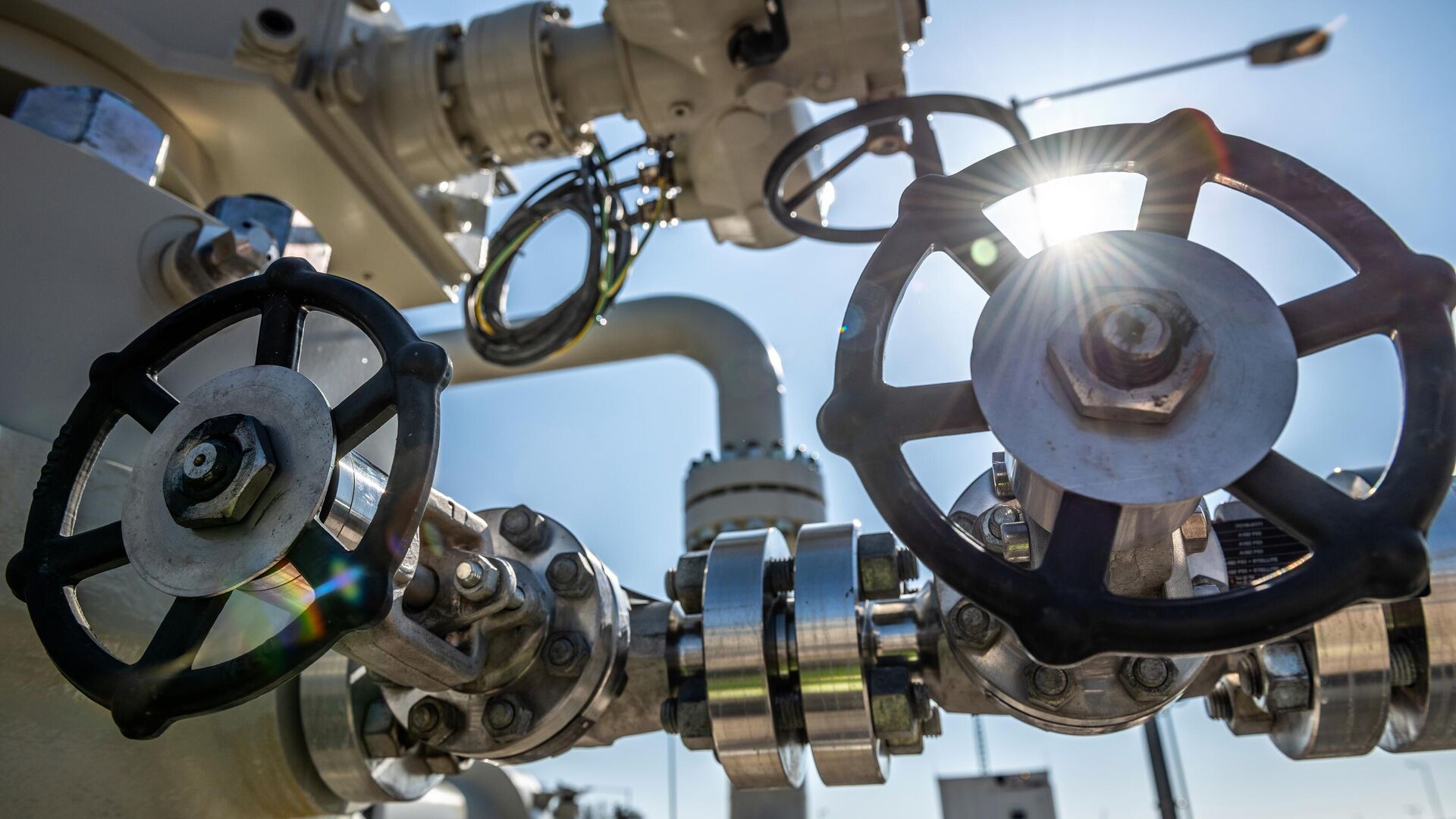https://sputnikglobe.com/20220819/german-lawmaker-says-berlin-should-start-gas-negotiations-with-moscow-1099766362.html
German Lawmaker Says Berlin Should Start Gas Negotiations With Moscow
German Lawmaker Says Berlin Should Start Gas Negotiations With Moscow
Sputnik International
BERLIN (Sputnik) - Germany should discuss gas deliveries with Russia to tame the soaring prices and avoid the secondary impact of Western sanctions, Klaus... 19.08.2022, Sputnik International
2022-08-19T12:05+0000
2022-08-19T12:05+0000
2022-08-19T12:05+0000
energy crisis in europe
germany
gas
https://cdn1.img.sputnikglobe.com/img/07e5/0c/13/1091652164_0:160:3073:1888_1920x0_80_0_0_ee19c681e88b75776e962fc41d61aeda.jpg
"The top politicians of the ruling parties [in Germany] also agree with my stance. It is reasonable to negotiate securing our gas supplies with Russia. This would effectively curb prices and prevent us from shouldering the consequences of our own sanctions," Ernst said on Twitter.Even before Russia's special military operation in Ukraine, Ernst was an active supporter of Russia-Germany energy relations. In June, he advocated lifting sanctions on Russian energy exports, arguing that they backfired on German businesses and households.Earlier on Friday, Bundestag Vice Speaker Wolfgang Kubicki called for an immediate launch of the Nord Stream 2 pipeline to ensure the country's energy security.Since 2021, energy prices in Europe have been growing as part of a global trend. After Russia launched a military operation in Ukraine on February 24, following the appeal for help from the breakaway republics of Donetsk and Lugansk, and Brussels imposed several sanctions packages against Moscow, the energy situation deteriorated considerably. Inflation accelerated across the eurozone, growing from 5.9% in February to 8.9% in July, according to Eurostat. Germany’s annual inflation skyrocketed to 7.9% in May, its highest level since German reunification, before easing to 7.6% in June and 7.5% in July. Food and fuel prices soared the most.
germany
Sputnik International
feedback@sputniknews.com
+74956456601
MIA „Rossiya Segodnya“
2022
Sputnik International
feedback@sputniknews.com
+74956456601
MIA „Rossiya Segodnya“
News
en_EN
Sputnik International
feedback@sputniknews.com
+74956456601
MIA „Rossiya Segodnya“
Sputnik International
feedback@sputniknews.com
+74956456601
MIA „Rossiya Segodnya“
germany, gas
German Lawmaker Says Berlin Should Start Gas Negotiations With Moscow
BERLIN (Sputnik) - Germany should discuss gas deliveries with Russia to tame the soaring prices and avoid the secondary impact of Western sanctions, Klaus Ernst, the head of the German parliamentary committee on economy and energy and the Left party lawmaker, said on Friday.
"The top politicians of the ruling parties [in Germany] also agree with my stance. It is reasonable to negotiate securing our gas supplies with Russia. This would effectively curb prices and prevent us from shouldering the consequences of our own sanctions," Ernst said on Twitter.
Even before Russia's special military operation in Ukraine, Ernst was an active supporter of Russia-Germany
energy relations. In June, he advocated lifting sanctions on Russian energy exports, arguing that they backfired on German businesses and households.
Earlier on Friday, Bundestag Vice Speaker Wolfgang Kubicki called for an immediate launch of the Nord Stream 2 pipeline to ensure the country's energy security.
Since 2021, energy prices in Europe have been growing as part of a global trend. After Russia launched a military operation in Ukraine on February 24, following the appeal for help from the breakaway republics of Donetsk and Lugansk, and Brussels imposed several sanctions packages against Moscow, the energy situation deteriorated considerably.
Inflation accelerated across the eurozone, growing from 5.9% in February to 8.9% in July, according to Eurostat. Germany’s annual inflation skyrocketed to 7.9% in May, its highest level since German reunification, before easing to 7.6% in June and 7.5% in July. Food and fuel prices soared the most.




